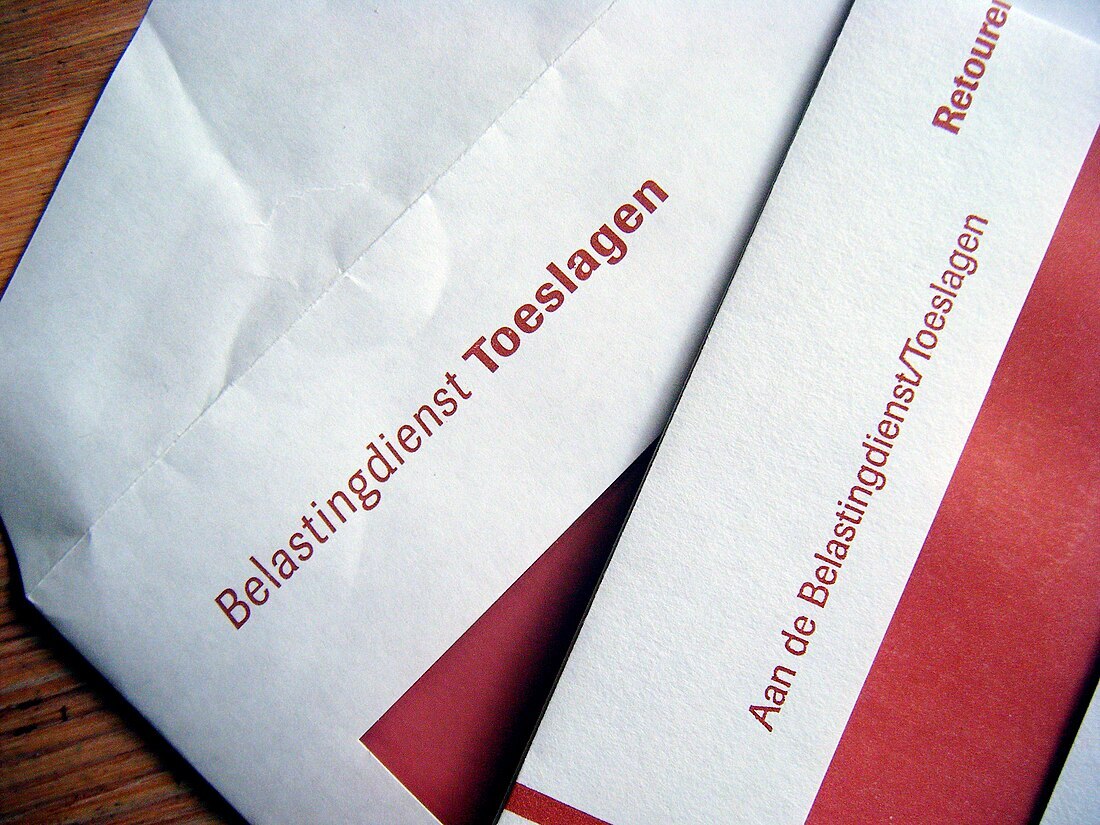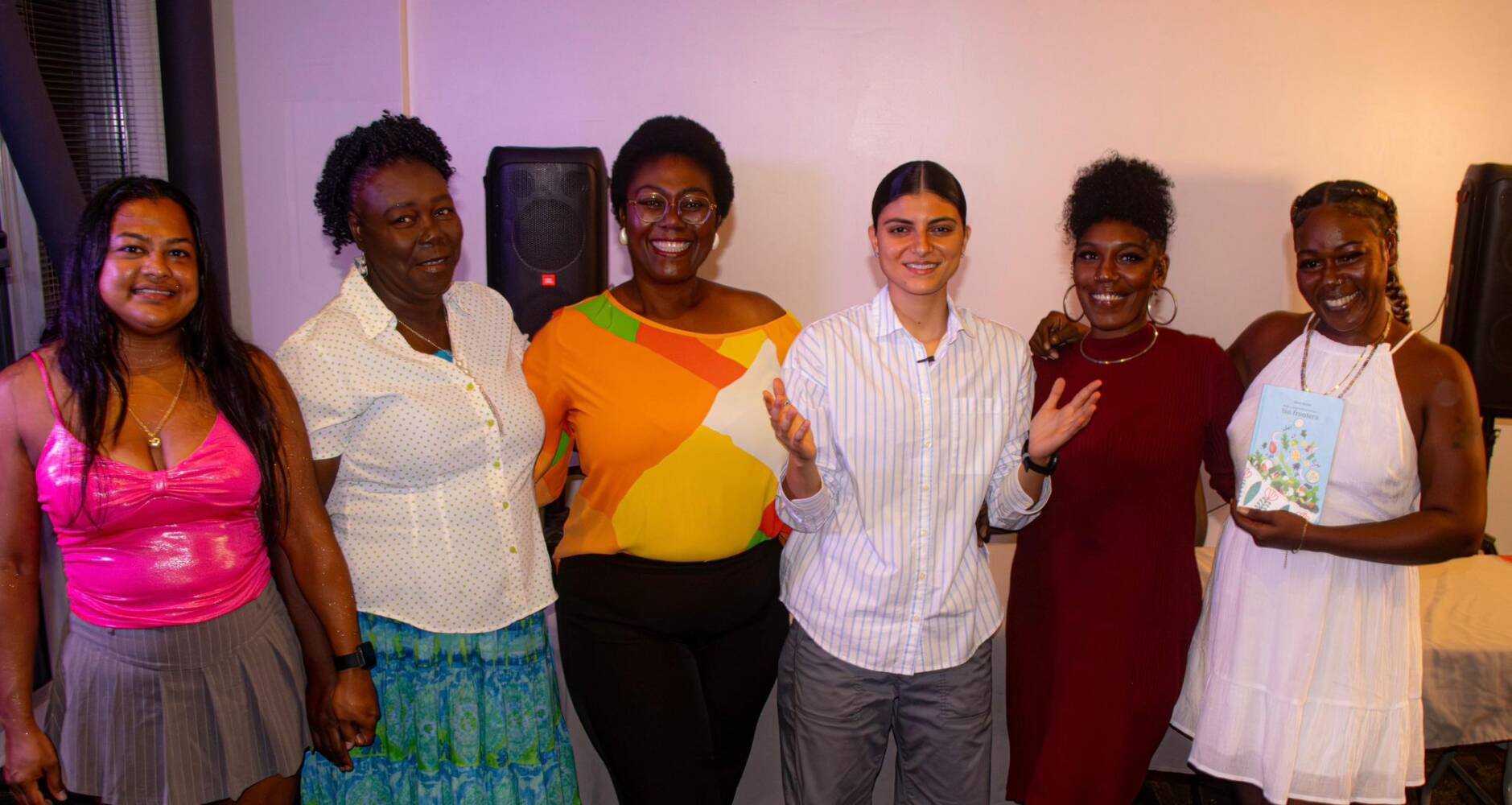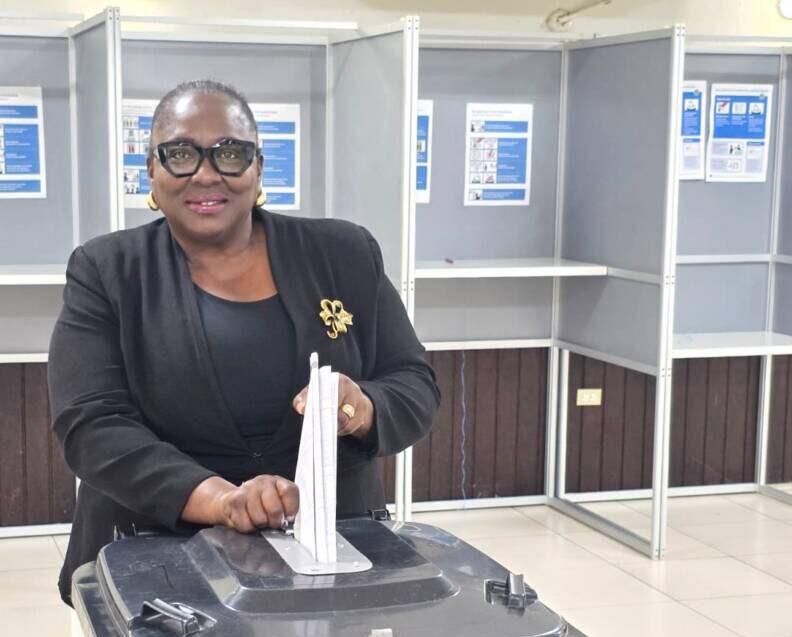The Benefits Agency is trying to reach victims of the Benefits Scandal (‘Toeslagenaffaire’) living in Curaçao, but it’s proving difficult because not everyone responds to their efforts. A spokesperson for the Benefits Agency—part of the Dutch Ministry of Finance—confirmed this after an earlier report by Caribbean Network about victims who fled to Curaçao.
“We know who has been officially recognized as victims, but we don’t have contact with everyone,” said Jaap Eikelboom, spokesperson for the Benefits Agency. “Not everyone responds to our outreach,” he added, referring to their online campaign. “Some avoid contact out of shame or distrust.” According to Eikelboom, around 1,500 recognized victims of the Benefits Scandal currently live abroad, spread across more than 40 countries. Curaçao is one of the known places where victims have fled.
Over 200 Contacts, But the Group Is Likely Larger
In Curaçao, the Benefits Agency is actively in touch with 269 recognized victims. “But we know there are more,” the spokesperson said. “Some people avoid contact or don’t realize they can still get help.”
Earlier, victim Erica Wever—founder of the Minority Foundation, which supports this group—estimated the number of victims in Curaçao to be in the hundreds. “And those are just the ones we’re in contact with,” she said. The true size of the group is hard to determine, but it’s clear there are more victims than those officially registered.
Why Is It Different in Curaçao?
In the Netherlands, victims get help through their local government—from debt relief to housing and job support. In Curaçao, those systems don’t exist. “We don’t have local agencies there that can play the same role,” explained spokesperson Eikelboom. “That means we have to tailor solutions case by case.”
Agreements with creditors are also harder to arrange. “In the Netherlands, we have nationwide agreements with organizations like the Social Banks Netherlands. Abroad, we have to negotiate with local parties each time, and they don’t always know our system.”
The difference is noticeable for victims in Curaçao. In the Netherlands, many get support during the recognition process. In Curaçao, they must wait until they’re officially recognized before help arrives. Those involved say this leads to frustration and a sense of unfairness.
Shame and Distrust
Part of the problem, according to Eikelboom, lies with the victims themselves. “There’s a lot of shame. Victims were wrongly labeled as fraudsters for years. It takes courage to then ask for help from the same government that treated them that way.”
Still, he urges people to come forward. “If you’ve been recognized as a victim, you can still contact us. We have a special team for Benefits Scandal victims living abroad. But we can only help if we know what someone needs.”
Contact with Local Groups remains Difficult
In Curaçao, victims have organized through the Minority Foundation. The Benefits Agency says it’s in touch with some victims and supports local efforts where possible. “These groups weren’t created for no reason,” Eikelboom said.
Yet, contact isn’t always smooth. Wever says her foundation has been trying to reach the agency for a while but hasn’t gotten a response. That´s in stark contrast with what the agency is stating. Eikelboom called it “unfortunate to hear” and promised his colleagues would reach out “as soon as the right details are shared.”
More Awareness Needed in Curaçao
Eikelboom is surprised that the Curaçao government isn’t always fully informed. “Our former State Secretary visited and held talks, but I can imagine not every official knows the full story. That’s why we’re still working on raising awareness.”
The Benefits Agency has been active in Curaçao for three years now. Through its ‘Parents Abroad Office’, that has about 200 employees, a team of 12 supports victims in the Caribbean, North, and South America.
“We Just Want to Help”
Despite the challenges, the goal remains the same: justice for those wrongly harmed. “Even if they live far away now. Even if it’s harder. We want to help. But we need people to reach out too,” the spokesperson said.
Meanwhile, victims in Curaçao feel differently. They’re still waiting for help—sometimes for months—and feel forgotten once again. The great distance isn’t just geographic; it’s bureaucratic too.
Are You a Recognized Victim Living Abroad?
- Visit: https://herstel.toeslagen.nl/ouders-die-nu-in-het-buitenland-wonen
- Or call from abroad: +31 555 385 385
Political Party Demands Clarity
The MAN-PIN party in Curaçao’s parliament says it’s important to carefully resolve the situation for young people from Curaçao affected by the Benefits Scandal in the Netherlands. The party has requested a meeting of the Committee for Social Development, Labor, and Welfare, asking for the Minority Foundation’s leadership to attend and explain the issues.
On May 15, the foundation sent a letter to parliament urging attention for the number of young Curaçao victims in this scandal.








